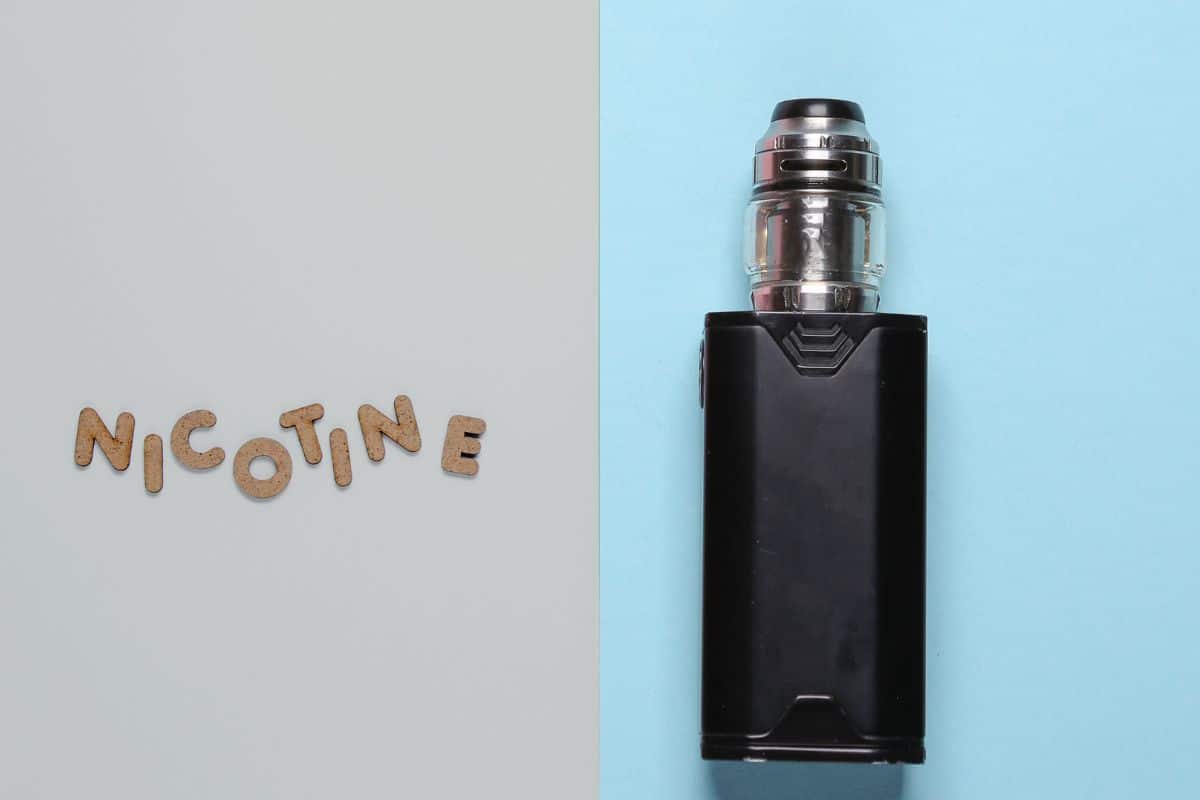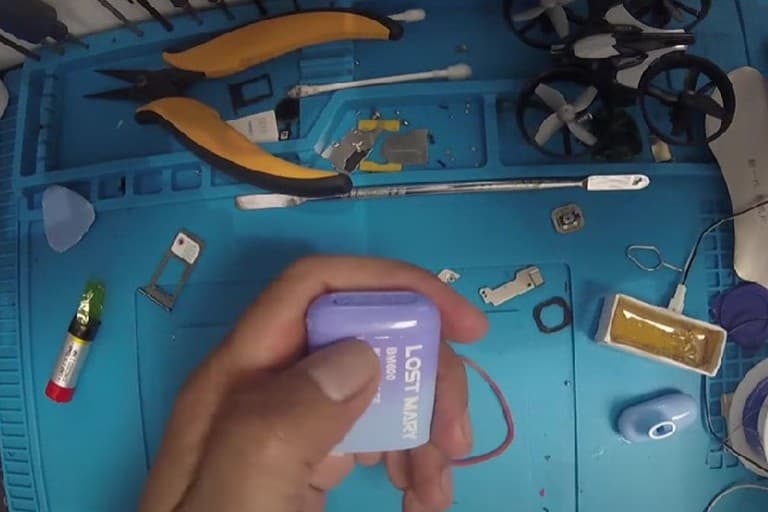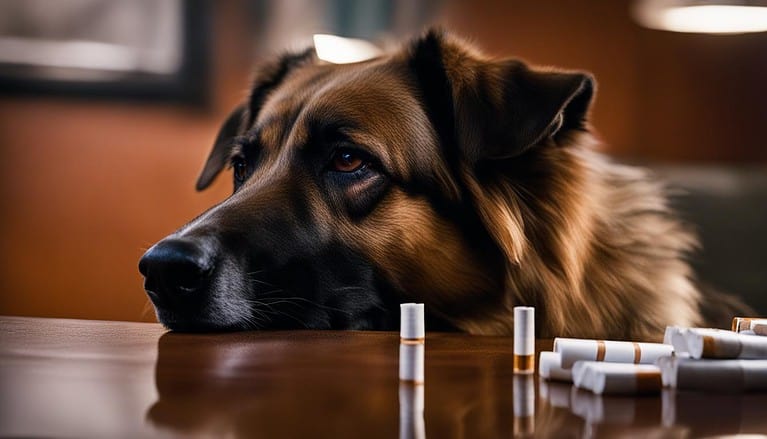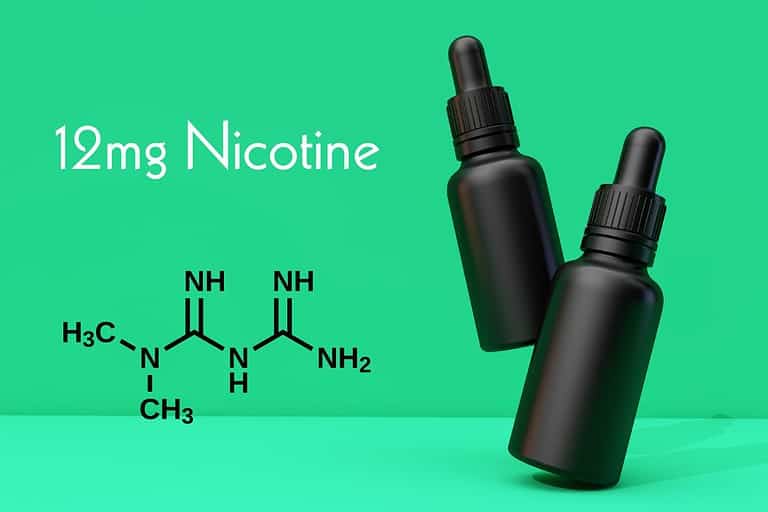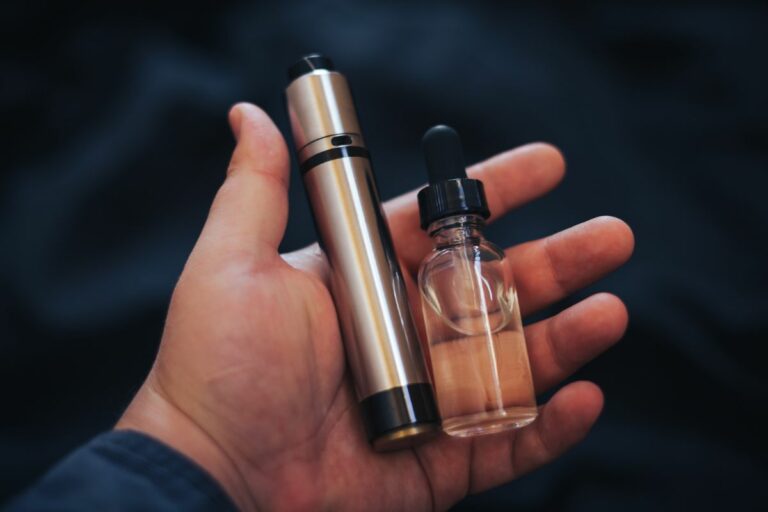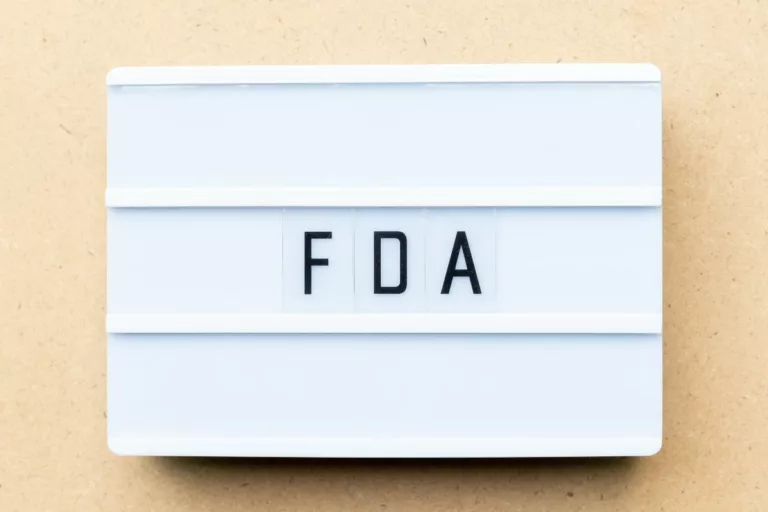How long does nicotine stay in your system
Nicotine is a stimulant that is found in tobacco products, including cigarettes, cigars, and smokeless tobacco.
When nicotine is ingested, it can have both short-term and long-term effects on the body.
In this article, we will discuss how long nicotine stays in the system and the different factors that can affect this.
NEW CUSTOMER DISCOUNT
Save 15%
15% OFF YOUR ENTIRE ORDER FOR NEW CUSTOMERS USE CODE WELCOME15!
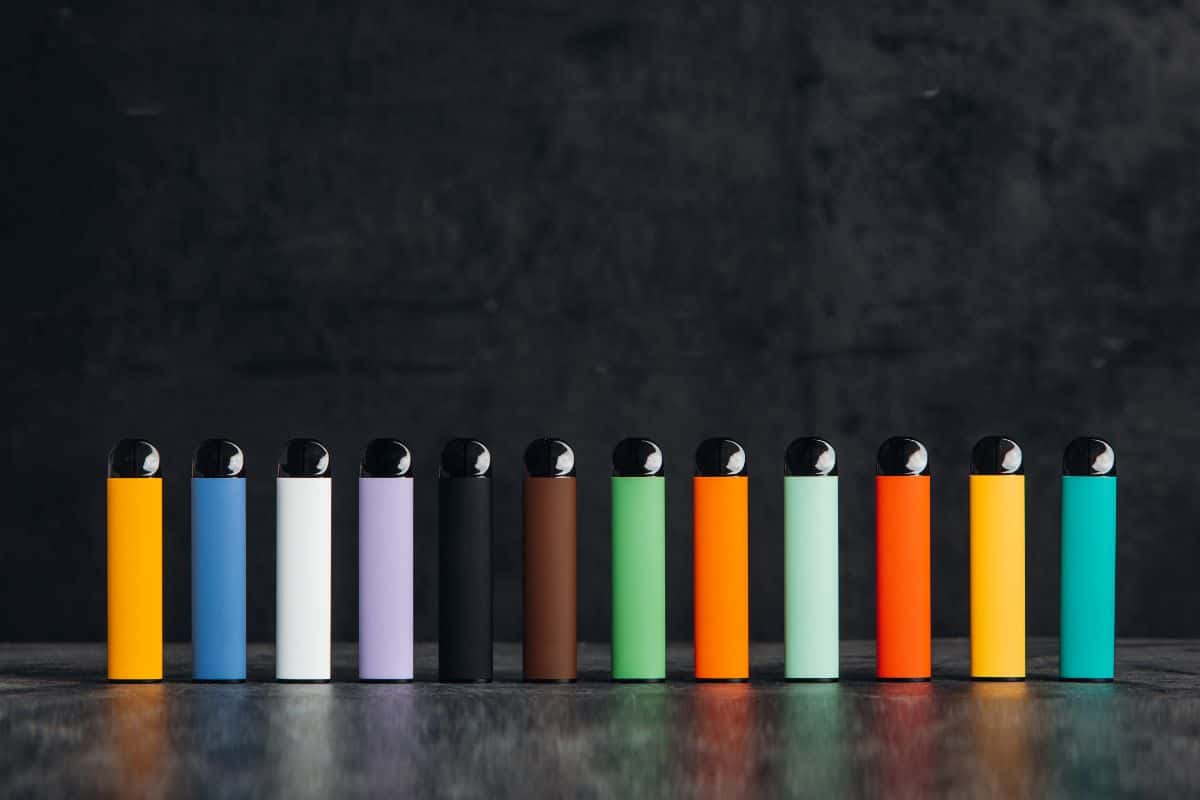
Table of Contents
Factors Affecting Nicotine Metabolism:
Several factors can affect how long nicotine stays in the system. These factors include:
- Frequency of use: The more often you use nicotine, the longer it will stay in your system.
- Dose: The higher the dose of nicotine you consume, the longer it will take for your body to metabolize it.
- Method of use: Smoking, vaping, or using smokeless tobacco can all affect how long nicotine stays in the system.
- Age: Older people may metabolize nicotine more slowly than younger people.
- Health: Certain health conditions, such as liver or kidney disease, can affect how quickly nicotine is metabolized.
- Gender: Women tend to metabolize nicotine more slowly than men.
- Genetics: Some people may have genetic variations that affect their ability to metabolize nicotine.
- Smoking habits: Heavy smokers may take longer to eliminate nicotine from their system than occasional smokers.
- Diet: Certain foods, such as those high in antioxidants, can help your body metabolize nicotine more efficiently.
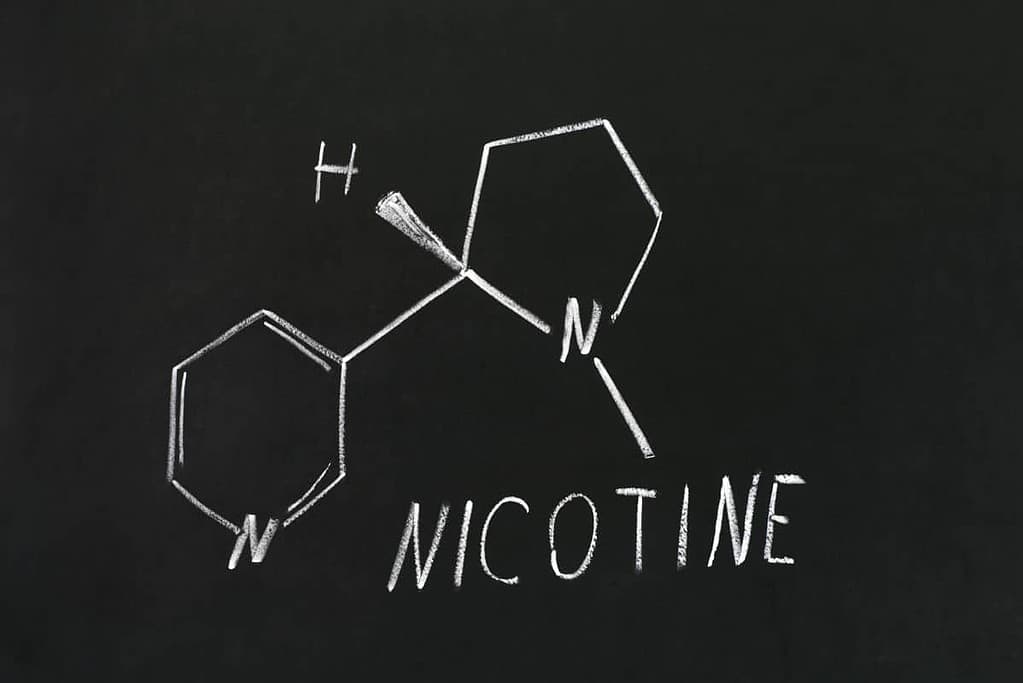
How Long Does Nicotine Stay in Your System?
The half-life of nicotine, which is the time it takes for half of the nicotine to be metabolized and eliminated from the body, is around two hours.
This means that if you consume 20 mg of nicotine, after two hours, 10 mg will be eliminated from your body. After four hours, 5 mg will be eliminated, and so on.
Nicotine and its metabolites can be detected in the body through blood, urine, and saliva tests.
Blood tests are the most accurate and can detect nicotine for up to three days after use.
Urine tests can detect nicotine for up to four days, while saliva tests can detect it for up to four days as well.
It is essential to note that secondhand smoke can also result in the detection of nicotine in blood and urine tests.
This means that if you are a non-smoker but are exposed to secondhand smoke, nicotine may still be detected in your system.
How to Get Nicotine Out of Your System:
While there is no surefire way to eliminate nicotine from your system quickly, there are some steps you can take to speed up the process:
- Stay hydrated: Drinking plenty of water can help flush nicotine and its metabolites out of your system.
- Exercise: Exercise can help increase blood flow and metabolism, which can help eliminate nicotine from the body.
- Eat a healthy diet: A balanced diet can help support the liver and kidneys, which are responsible for metabolizing and eliminating nicotine.
- Quit smoking: The best way to get nicotine out of your system is to quit smoking or using tobacco products altogether.
FAQs about nicotine staying in your system
How long does nicotine stay in your system for a blood test?
Nicotine can be detected in your bloodstream for up to 48 hours after smoking or chewing tobacco.
How long does nicotine stay in your system for a saliva test?
Nicotine can be detected in your saliva for up to 72 hours after smoking or chewing tobacco.
How long does nicotine stay in your system for a urine test?
Nicotine and its metabolites can be detected in your urine for up to three to four days after smoking or chewing tobacco.
Can secondhand smoke cause nicotine to show up in a drug test?
Yes, exposure to secondhand smoke can cause nicotine to show up in a drug test.
Can nicotine be detected in hair follicles?
Yes, nicotine can be detected in hair follicles for up to three months after smoking or chewing tobacco.
Browse popular vape collections:
- Nicotine Disposables
- 2000 Puff Nicotine Disposable Vapes
- 2500 Puff Nicotine Disposable Vapes
- 5000 Puff Nicotine Disposable Vapes
- 6000 Puff Disposable Nicotine Vapes
- 7000 Puff Nicotine Disposable Vapes
- Disposable Vape Deals
- Best Vape Brands
- 8000 Puff Nicotine Disposable Vapes
- 9000 Puff Nicotine Disposable Vapes
- 5% Nicotine Disposable Vapes
- Rechargeable Nicotine Disposable Vapes
- Vape Coils
- Dab Wax Pens
- Dab Wax Pen Battery
- Yocan Vapes
- Vape Cases

Conclusion
The amount of time nicotine stays in your system can vary based on several factors, including age, gender, genetics, smoking habits, and diet.
While nicotine is a highly addictive substance, quitting smoking or using tobacco products can improve your health and reduce your risk of developing serious health problems.
If you are trying to quit smoking, talk to your doctor about different options that can help you quit, such as nicotine replacement therapy or prescription medications.
It’s important to remember that quitting smoking is a process, and it may take several attempts before you are able to quit for good.
In addition to talking to your doctor, there are several things you can do to help your body metabolize nicotine more efficiently.
Eating a healthy diet rich in antioxidants, staying hydrated, and exercising regularly can all help your body eliminate nicotine more quickly.
Resources:

